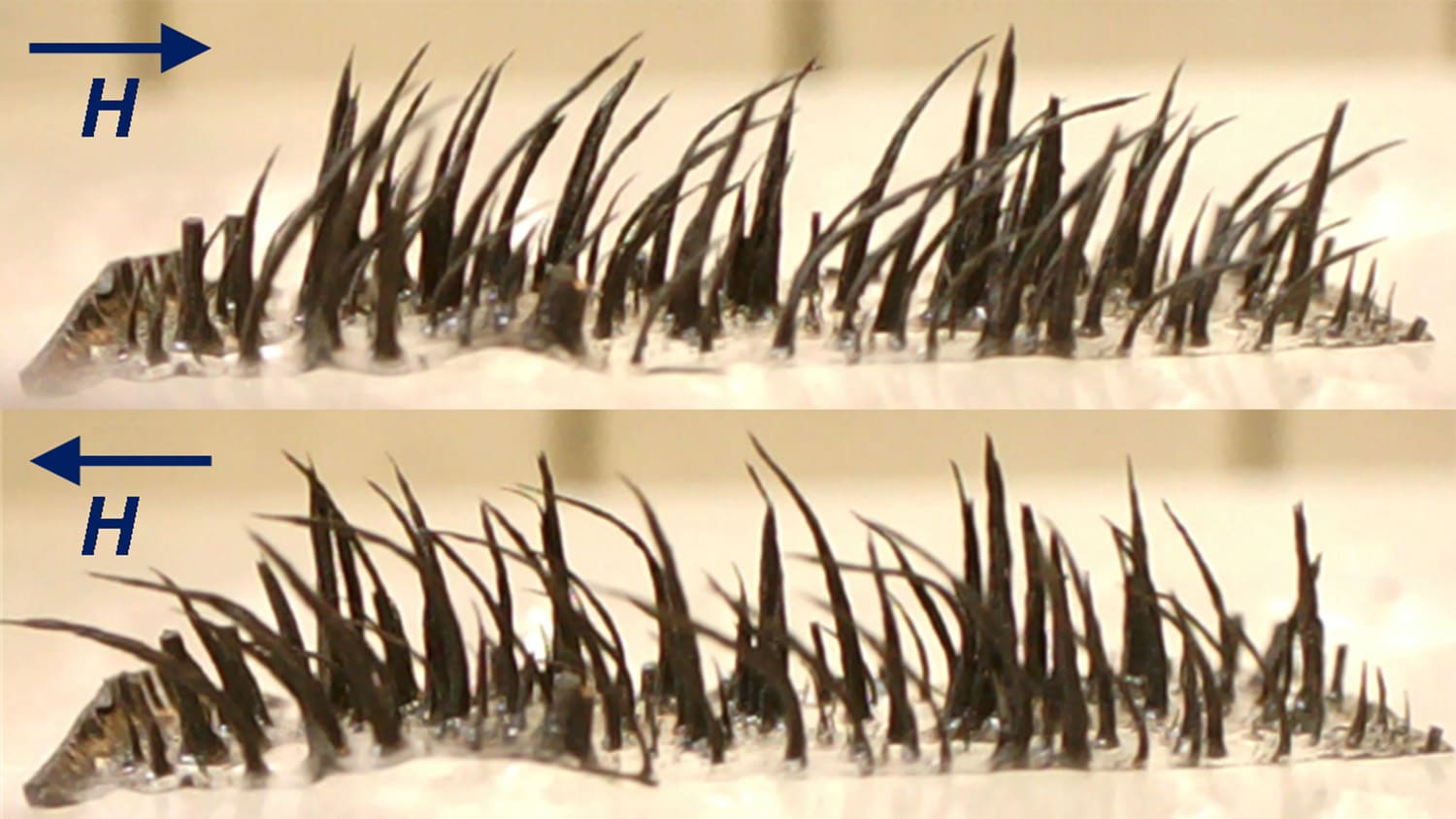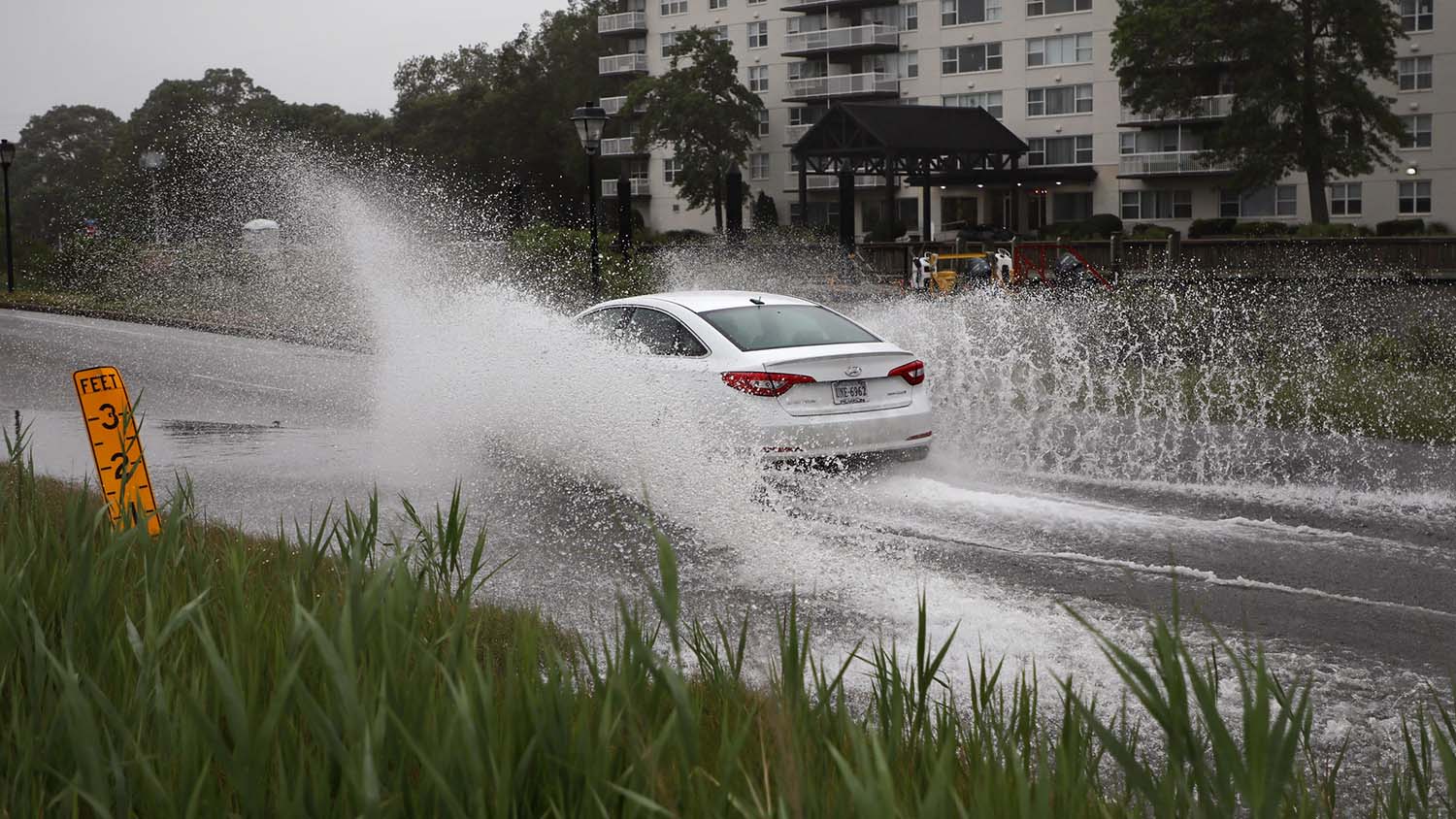NC State Tips for Holiday Pet Safety
Winter holidays make the final months of the year special. Ensuring the season is enjoyable for the entire family means keeping your pet’s needs in mind, says Dr. Steve Marks, a clinical associate professor and critical care expert at North Carolina State University’s College of Veterinary Medicine.
“Like young children, pets can become excitable over the holidays as the household routine changes and new elements are introduced into the environment,” Marks says. “And just as the holidays can be stressful for people, pets may also feel overwhelmed by all the activity.”
Here are a few tips for a safe and enjoyable holiday season:
- Feed pets before guests arrive to avoid begging and consumption of the wrong type of food.
- As always, think good nutrition and ensure your pet does not eat rich, fatty foods, table scraps, bones or human foods that may be toxic to animals such as onions, grapes, chocolate or coffee. Keep leftover food out of reach. Note: the fragrant string from cooking a turkey or roast is particularly appealing and dangerous to dogs.
- If strangers upset your pet, place the pet in a quiet, safe room while entertaining. This also keeps the pet from rushing out an opened door when guests arrive.
- Anchor Christmas trees; climbing cats and curious dogs can knock over your tree.
- Hang breakable ornaments out of a pet’s reach to avoid cut paws.
- Keep tinsel, ribbons and garland away from pets; if swallowed, the material can become lodged in your pet’s intestines and result in an emergency trip to the veterinarian.
- Do not let your pet drink tree-stand water, stagnant water can contain bacteria or tree preservative chemicals.
- Watch where you place holiday plants. Poinsettias, mistletoe and holly can upset your pet’s digestive system and can cause vomiting, diarrhea, nausea and lethargy.
- Keep lights and extension cords safely secured or covered to deter chewing, which can lead to electrocution.
- Exposure to liquid potpourri and sachets can cause skin or oral damage to your pet and potential illness or death.
Finally, have your veterinarian’s number handy. If your pet needs immediate care and your veterinarian is not available, the NC State University Small Animal Emergency Service will be open throughout the holidays. Call 919.513.6911.
-30-
- Categories:


